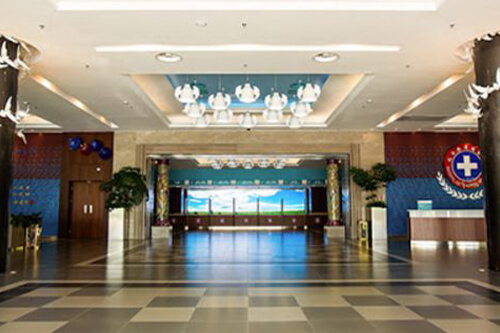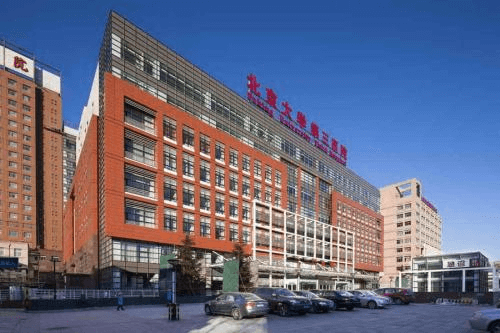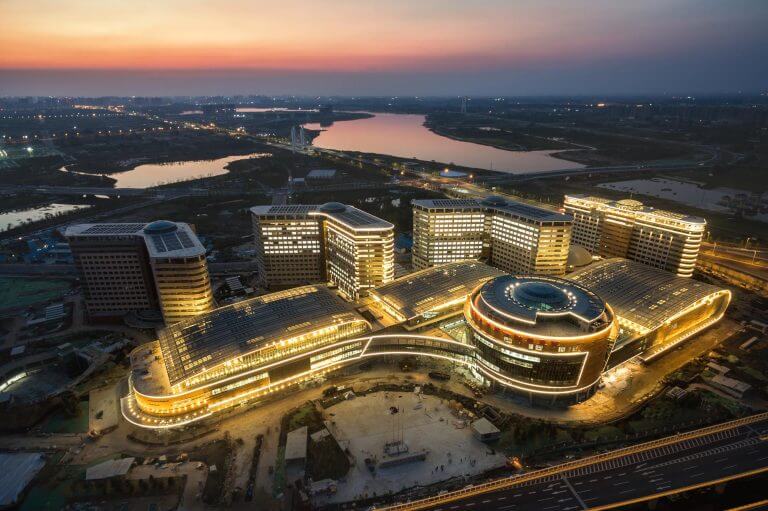CAR T-Cell Therapy In China
CAR T-Cell therapy in China – Recent advances
August 2023: Cancer patients who previously had few options now have hope because to CAR-T cell therapy, which has revolutionized the area of cancer treatment. With several clinical trials being conducted to increase the efficacy and safety of CAR-T cell therapy, China has emerged as a leader in this ground-breaking sector. These studies demonstrate the nation’s dedication to improving medical research and offering patients cutting-edge care. Currently there are more than 250 ongoing clinical trials on CAR T Cell therapy in China.
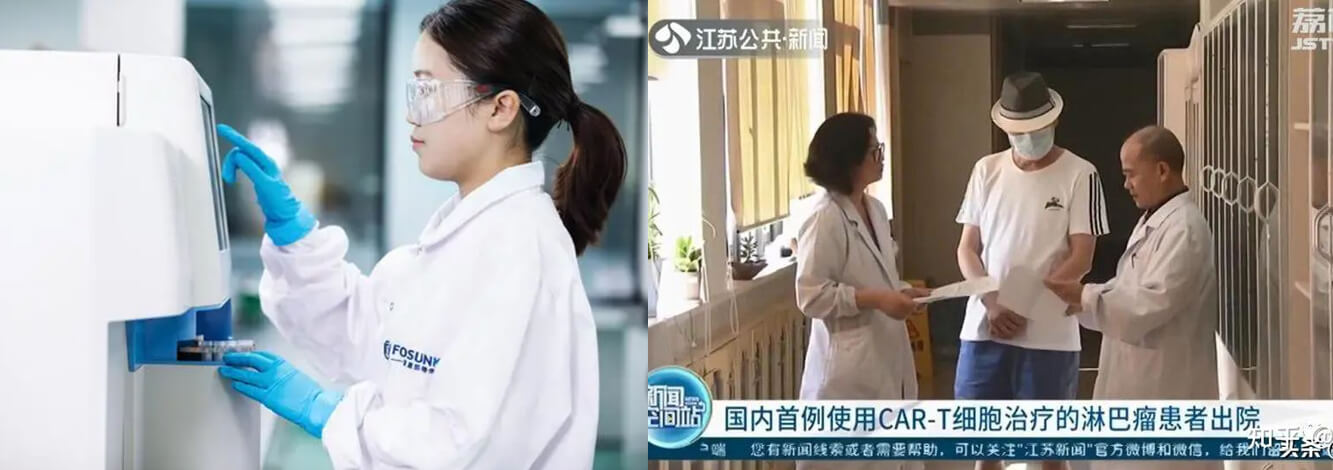
The number of CAR-T therapy trials in China surpassed those in the United States by 2018 as a result of this thriving ecosystem. As of June 2022, Chinese companies have conducted 342 clinical CAR-T trials. Malignancies of the B lineage were among the most prevalent manifestations. Two CAR-T products have commercial applications, Yescarta in June 2021 and Relma-cel in September 2021, among numerous drug candidates.
According to Frost & Sullivan, the domestic CAR-T market is projected to increase from CNY 0.2 billion in 2021 to CNY 8 billion in 2025, and then to CNY 28.9 billion in 2030, at a CAGR of 45% from 2022 to 2030. Despite the fact that the Chinese CAR-T market is still in its infancy, a robust driving force exists.
Although the two approved CAR-T products are from Sino-US joint ventures Fosun Kite and JW Terapeutics, domestic players have made breakthroughs and caught up to global players in recent years. Legend Biotech, IASO Biotherapeutics, and CARsgen Therapeutics all obtain NDA approval for their BCMA CAR-T products, establishing them as the leaders in BCMA CAR-T therapy. CD19 CAR-T products are a focus for Juventas Therapeutics, Gracell Biotechnologies, Hrain Biotechnology, ImunoPharm, Shanghai Cell Therapy Group, and numerous domestic companies. Juventas Therapeutics is the leader in Chinese CD19 CAR-T therapy now that the NMPA has accepted its NDA for CNCT19. CARsgen Therapeutics is a global leader in solid tumours, and CT041 is the first CAR-T candidate for treating solid tumours to enter Phase II clinical trials. Bioheng Biotech and BRL Biotech (Chinese: ) create new allogeneic CAR-T markets.
The State Drug Administration (“NMPA”) has conditionally approved the product of Fosun Kite Biotechnology Co., Ltd., jointly established by Shanghai Fosun Pharmaceutical (Group) Co., Ltd. and Kite Pharma of the United States (trade name: Yikaida®) for the treatment of adult patients with large B-cell lymphoma (r/r LBCL) who failed first-line immunochemotherapy or relapsed within 12 months (“this new indication”). The formal debut of Yikaida® for second-line indication occurs at this time as well.
For the treatment of adult large B-cell lymphoma patients who did not react to first-line immunochemotherapy or who relapsed within a year of receiving it, there was previously no CAR-T cell therapy product available in China. A second-line indication was added by Fosun Kite’s Yikaida®. The drug’s approval for marketing has successfully sparked new developments in the management of adult large B-cell lymphoma, giving hope to more patients whose first-line immunochemotherapy has failed or relapsed. The first CAR-T cell therapy product to be licenced in China for this new indication is now Yikaida®.
For adult patients with relapsed or refractory multiple myeloma (RRMM) who have had at least three prior lines of therapy, including a proteasome inhibitor and an immunomodulatory drug, FUCASO is the first fully-human BCMA-directed chimeric antigen receptor (CAR) T-cell therapy.
A BCMA-directed CAR T cell treatment called FUCASO (Equecabtagene Autoleucel) uses lentivirus as a gene vector to transfect autologous T cells. A fully human scFv, CD8a hinge and transmembrane, 4-1BB-mediated co-stimulation, and CD3 activation domains are all present in the CAR.
FUCASO has showed quick and powerful efficacy as well as prolonged persistency in RRMM patients, delivering higher and deeper responses and long-term clinical benefit, based on selection and screening of the molecular structures, in vivo and in vitro evaluation. The combined development and marketing of FUCASO for the treatment of RRMM in China is the work of Innovent and IASO Bio.
The FUMANBA-1 clinical study, a multi-center phase I/II registrational clinical trial undertaken in China to assess the efficacy of equecabtagene autoleucel in patients with RRMM, was the basis for the NDA approval.
What is the scope of CAR-T Cell Therapy in China?
The use of chimeric antigen receptor (CAR) T-cell treatments in the treatment of hematological malignancies has been incredibly effective. The application of CAR T-cell treatments has grown in China over the past nine years.
The first CAR T cell clinical studies started in 2013, and by 2017 there were more CAR T cell clinical trials than ever before. Soon after, China announced that it would provide a total of US$237 billion in funding for cell therapy businesses in 2021, which represented a huge increase in the number of clinical trials and fundamental research projects involving CAR T cells.
Strong government support, money inflow, high patient demand, a distinctive healthcare system, and the efforts of Chinese doctors and scientists all contributed to this significant surge in activity in China.
Why choose China for CAR T-Cell therapy?
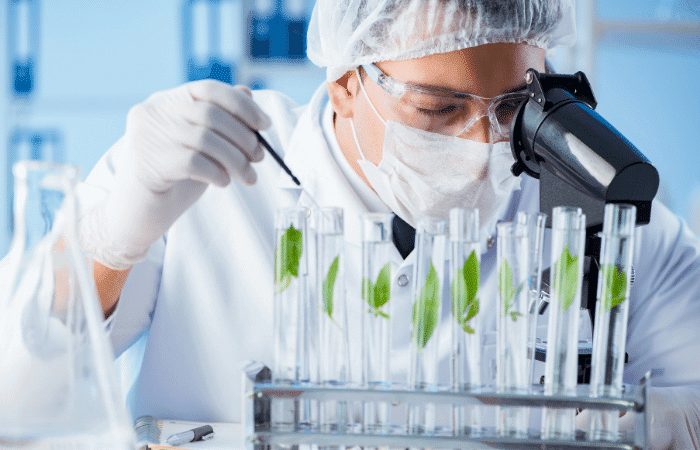
Clinical trials and advance research
With more 350 ongoing clinical trials on CAR T-Cell therapy, China has achieved great strides. Innovative CAR T-cell therapies have been actively developed and tested by Chinese researchers and medical institutes, with a focus on both solid tumours and haematological malignancies. In terms of CAR T cell therapy developments, China has been in the vanguard, and there are numerous cutting-edge clinical trials happening there. Because of this, patients looking to access the most recent developments in CAR T cell therapy may find China to be an appealing alternative..

Cost and availability
CAR T-Cell therapy cost in China is significantly lower than that in countries like US, UK, Australia, Japan, Korea and Singapore. CAR T-Cell therapy in China may cost just $ 60,000 USD. China has a comparatively high availability of CAR T cell therapy. There may be shorter treatment wait periods now that more medical facilities in China have received regulatory authorization to provide CAR T cell therapy. In addition, CAR T cell therapy is frequently less expensive in China than it is in other places, like the United States. This element may be especially important for people looking for affordable treatment choices.
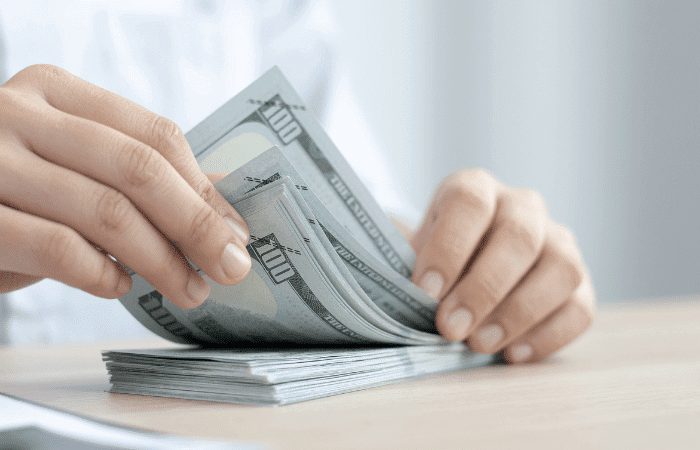

Expertise and experience
Due to its participation in multiple clinical trials and therapies, China has developed a significant amount of knowledge and experience in providing CAR T cell therapy. Chinese medical experts have improved their knowledge of CAR T cell therapy-related problems and their ability to manage them in order to improve patient outcomes. China offers high-quality healthcare thanks to its vast patient population, supportive infrastructure, and collected knowledge in CAR T cell therapy.


